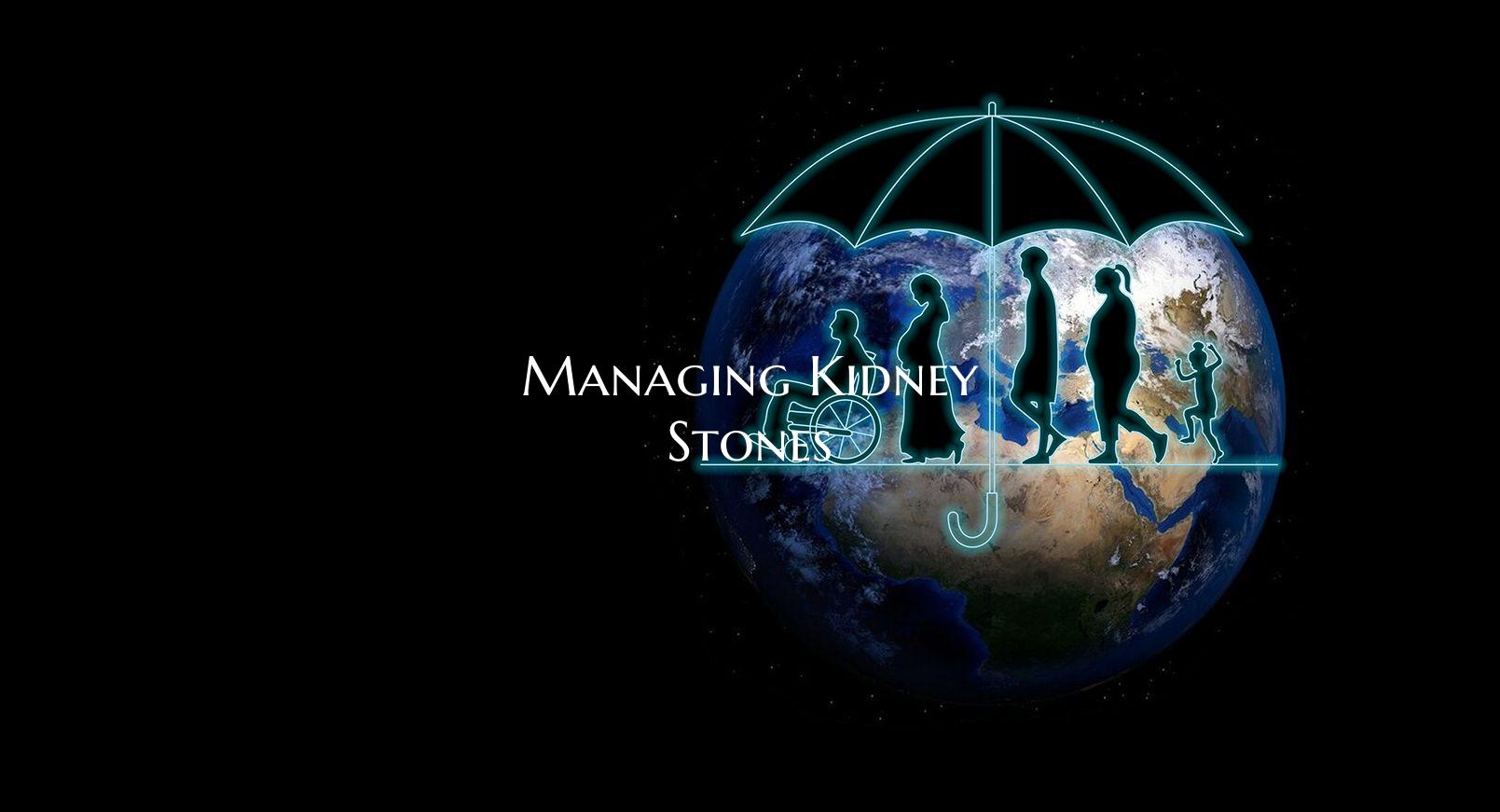
Managing Kidney Stones
Kidney stones are hard mineral deposits that form in the kidneys and can cause severe pain and discomfort. Managing kidney stones involves a combination of lifestyle changes, dietary adjustments, and medical interventions to help prevent their formation and alleviate symptoms. Here are some tips for effectively managing kidney stones:
1. Stay Hydrated: One of the most important steps in managing kidney stones is to stay well-hydrated. Drinking plenty of water throughout the day helps to flush out minerals and prevent them from crystallizing and forming stones in the kidneys. Aim to drink at least 8-10 glasses of water daily, and even more if you are physically active or live in a hot climate.
2. Follow a Kidney-Friendly Diet: Certain foods can increase the risk of kidney stone formation, such as those high in oxalates, sodium, and animal proteins. Opt for a diet rich in fruits, vegetables, whole grains, and lean proteins. Foods like spinach, beets, nuts, and chocolate should be consumed in moderation. Your healthcare provider or a dietitian can provide personalized guidance on a kidney-friendly diet.
3. Manage Underlying Health Conditions: Certain underlying health conditions, such as high blood pressure, obesity, and diabetes, can increase the risk of kidney stones. Managing these conditions through medication, exercise, and a healthy diet can also help reduce the likelihood of developing kidney stones.
4. Stay Active: Regular physical activity can help prevent kidney stones by promoting overall health and reducing the risk of obesity and other health conditions that contribute to stone formation. Aim for at least 30 minutes of moderate exercise most days of the week.
5. Medical Interventions: In some cases, medical interventions may be necessary to manage kidney stones. These can include medications to help dissolve stones, extracorporeal shock wave lithotripsy (ESWL) to break up larger stones, or surgical procedures to remove stubborn stones. Your healthcare provider will determine the most suitable treatment based on the size and location of the stones.
6. Follow Up with Your Healthcare Provider: It is essential to follow up with your healthcare provider regularly if you have a history of kidney stones. They can monitor your condition, conduct urine and blood tests to evaluate your kidney function, and provide guidance on preventing future stone formation.
By following these tips and working closely with your healthcare provider, you can effectively manage kidney stones and reduce the likelihood of experiencing painful episodes associated with this condition. Prioritizing hydration, maintaining a healthy lifestyle, and seeking medical guidance when needed are key steps in successfully managing kidney stones.